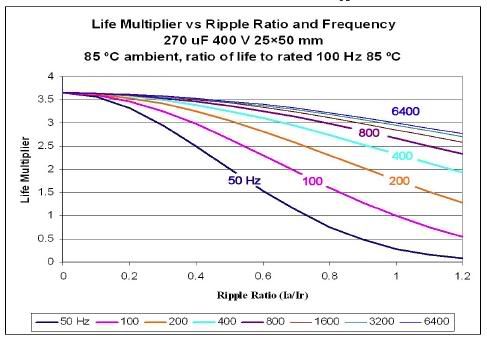I need to run some tests on my mechanical system which is powered by the star connected 208VAC 400Hz motor that I asked about in an earlier thread (thanks for help). As I don't have access to 400Hz power for these tests I would like to run the motor on 60Hz 3Phase. According to the FAQs, I should use about 30VAC on each leg.
Is there an easy way to reduce 220VAC 3Ph to 30VAC 3PH? As the real load will not be present, I don't need full speed or power from the motor for these tests. Or, is there a way to obtain 400Hz by using a modified alternator? Either way would be acceptable.
Is there an easy way to reduce 220VAC 3Ph to 30VAC 3PH? As the real load will not be present, I don't need full speed or power from the motor for these tests. Or, is there a way to obtain 400Hz by using a modified alternator? Either way would be acceptable.


![[pirate] [pirate] [pirate]](/data/assets/smilies/pirate.gif)
![[pipe] [pipe] [pipe]](/data/assets/smilies/pipe.gif)